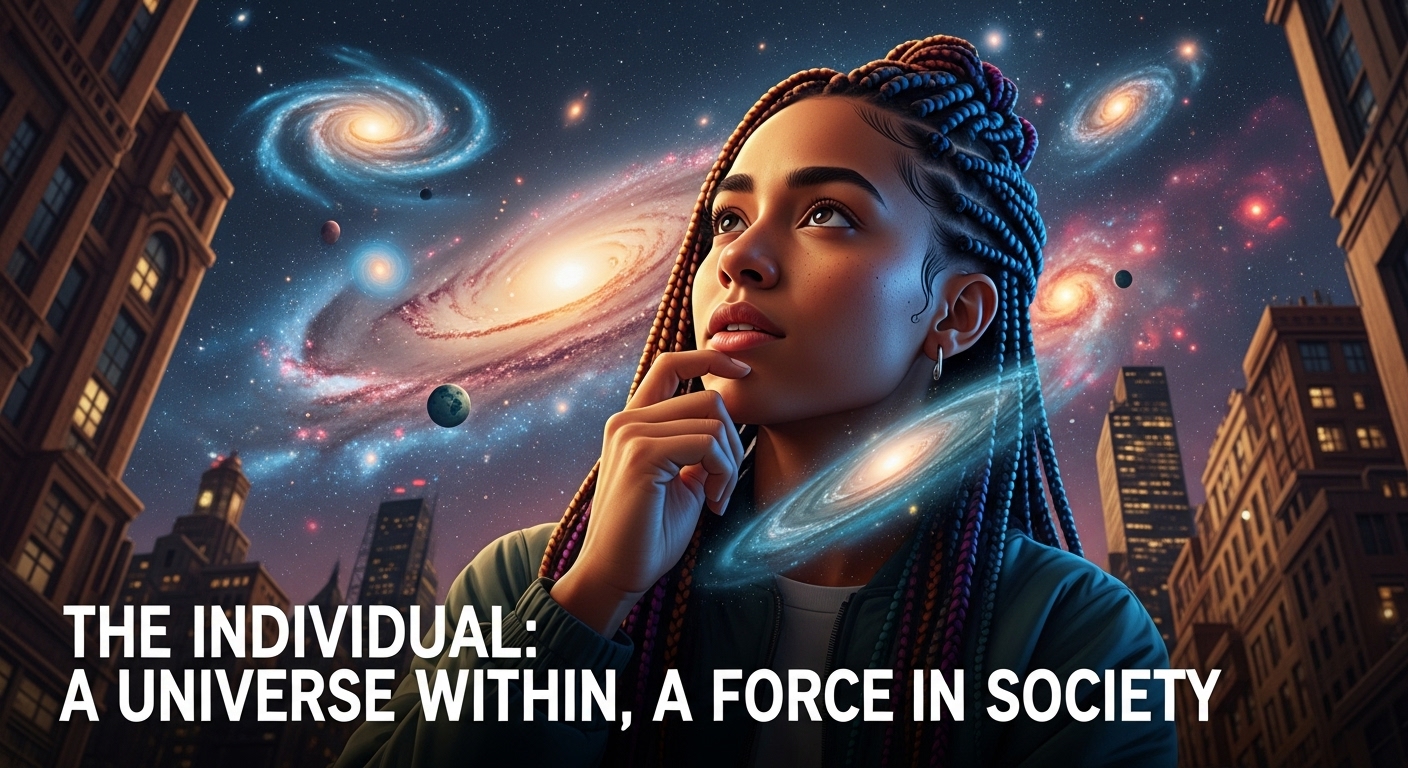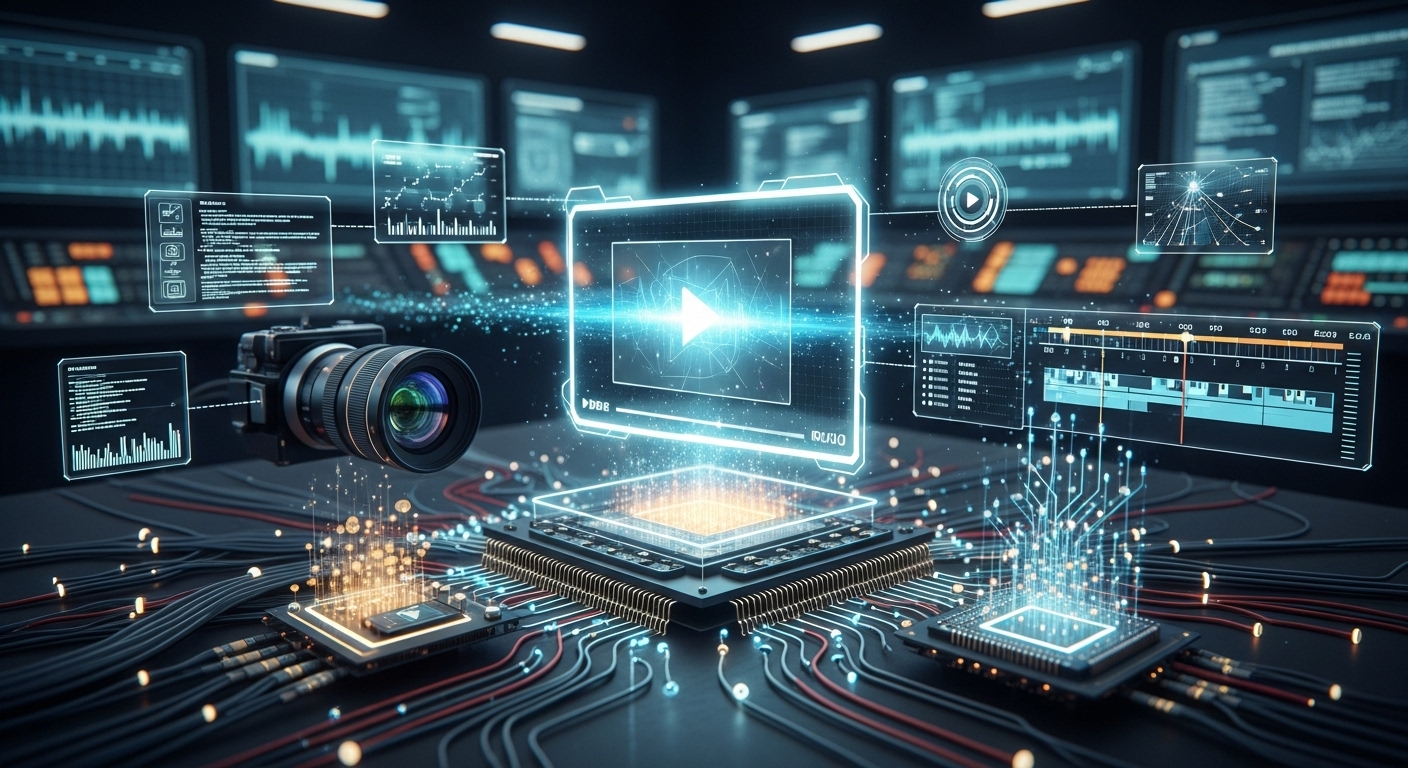In a world increasingly shaped by global networks, collective movements, and mass communication, the concept of the “individual” remains profoundly vital. Far from being a mere component of a larger whole, the individual is a unique universe of thought, emotion, and experience – a distinct entity whose presence and actions ripple through the fabric of society. As of mid-2025, understanding the individual’s inherent value, evolving identity, and dynamic relationship with the collective is more crucial than ever.
Defining the Individual: Uniqueness and Autonomy
At its core, an individual is a single, distinct human being, characterized by:
- Uniqueness: No two individuals are truly identical. Each possesses a unique genetic makeup, a distinct set of life experiences, and a singular blend of personality traits, talents, and perspectives. This individuality is the wellspring of diversity and innovation.
- Autonomy: The capacity for self-governance and independent thought. It’s the ability to make choices, set goals, and direct one’s own life based on personal values and reasoning, rather than merely conforming to external pressures.
- Intrinsic Worth: Philosophically, many traditions affirm the inherent dignity and value of each individual, regardless of their societal role, achievements, or characteristics. This principle forms the basis of human rights.
The Formation of Identity: A Lifelong Journey
Psychologically, the “self” and “identity” are not static concepts but evolve throughout an individual’s life. This journey is influenced by a complex interplay of factors:
- Personal Experiences: Childhood, relationships, successes, failures, and pivotal life events all shape who we become.
- Cultural Influences: The societal norms, values, beliefs, and traditions of the community and broader culture in which an individual is raised profoundly impact their worldview and self-concept. In a collectivistic society like Pakistan, an individual’s identity is often deeply intertwined with their family, community, and religious affiliations, in contrast to more individualistic Western cultures where personal independence is more emphasized.
- Social Roles: The various roles an individual occupies – child, sibling, student, professional, parent, friend – contribute to their multi-faceted identity.
- Self-Reflection: The ongoing process of introspection, understanding one’s own thoughts, emotions, and motivations, is crucial for developing a coherent sense of self.
- Agency: The individual’s capacity to act independently and make their own free choices.
Individual Rights and Responsibilities: The Social Contract
The concept of the individual is inextricably linked to the idea of rights and responsibilities within a society.
- Rights: These are fundamental entitlements that protect an individual’s freedom, dignity, and ability to flourish. They can be personal (e.g., right to life, liberty, privacy) or political (e.g., right to vote, freedom of speech). The Universal Declaration of Human Rights is a global testament to the recognition of these inherent individual rights.
- Responsibilities: For a society to function, individual rights are balanced by corresponding responsibilities. These include respecting the rights of others, obeying laws, contributing to the community, and taking accountability for one’s actions. In collectivistic societies, individual responsibilities towards the group (family, community) often carry significant weight.
The tension and balance between individual freedoms and collective well-being are a continuous area of philosophical and political discourse.
The Individual in the Digital Age: Challenges and Opportunities
As of mid-2025, the digital landscape presents both unprecedented opportunities and unique challenges to the individual:
- Enhanced Self-Expression: Social media and online platforms offer individuals unparalleled avenues for self-expression, creative output, and connecting with like-minded individuals across geographical boundaries.
- Personalized Experiences: From tailored news feeds to customized products, digital services increasingly cater to individual preferences, enhancing convenience and relevance.
- Privacy Concerns: The vast amounts of data collected about individuals online raise significant privacy concerns, challenging autonomy and control over one’s digital footprint.
- Echo Chambers and Polarization: While connecting individuals, algorithms can also inadvertently create “echo chambers,” reinforcing existing beliefs and potentially limiting exposure to diverse perspectives, impacting individual thought.
- Mental Health Impact: The constant connectivity and curated realities presented online can lead to feelings of inadequacy, social comparison, and addiction, impacting individual well-being.
The Enduring Significance
In Faisalabad, as in any community globally, the flourishing of society depends on the recognition and nurturing of its individuals. Each person’s unique contributions, ideas, and creativity are the engines of progress and innovation. Simultaneously, the individual’s willingness to engage responsibly with the collective, to respect the rights of others, and to contribute to the common good, is essential for a harmonious and just society.
The individual is not merely a data point in a vast network; they are the fundamental unit of humanity, a boundless wellspring of potential, and the ultimate reason why progress, empathy, and meaningful connection truly matter. Recognizing and valuing the individual remains the cornerstone of a thriving future.


